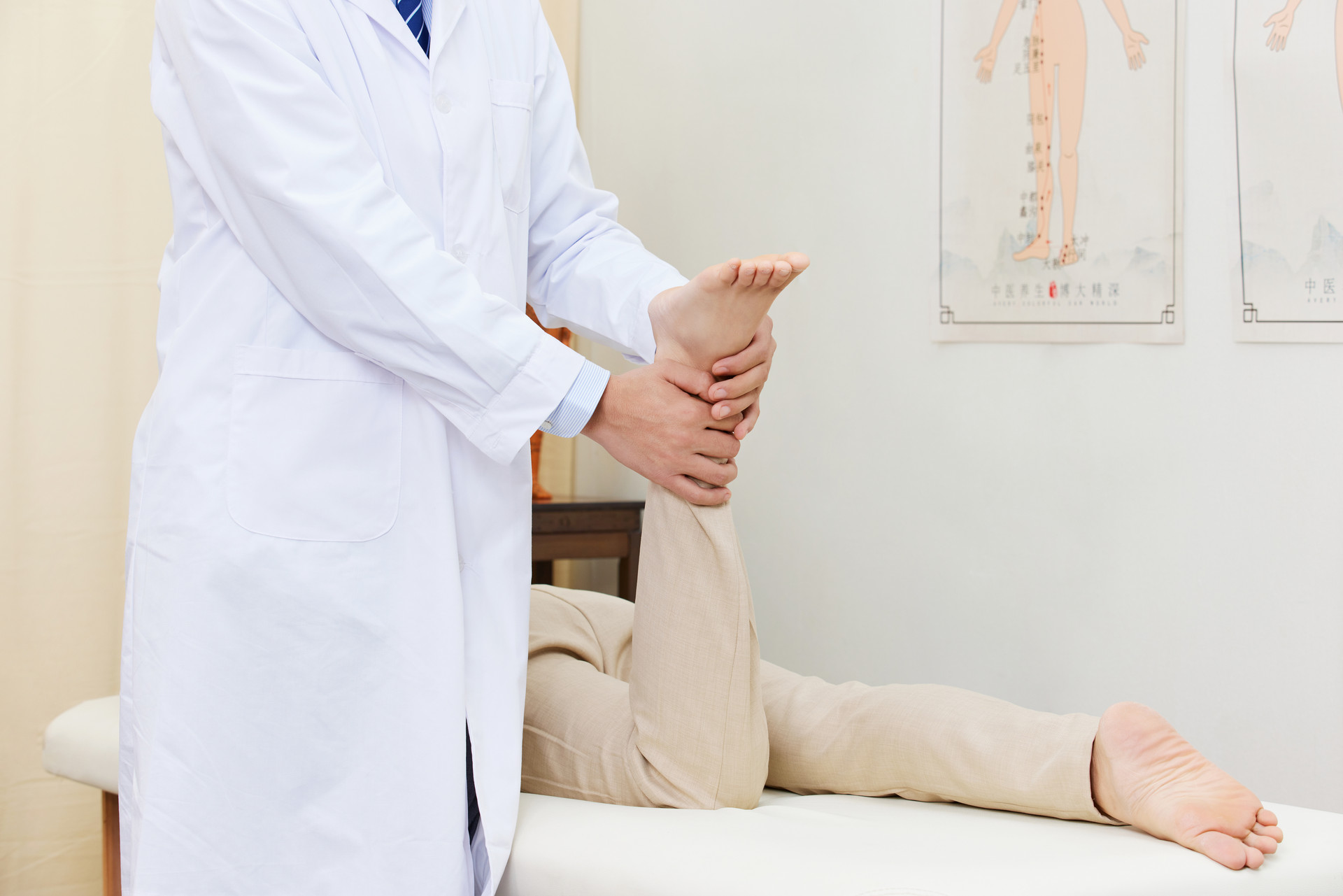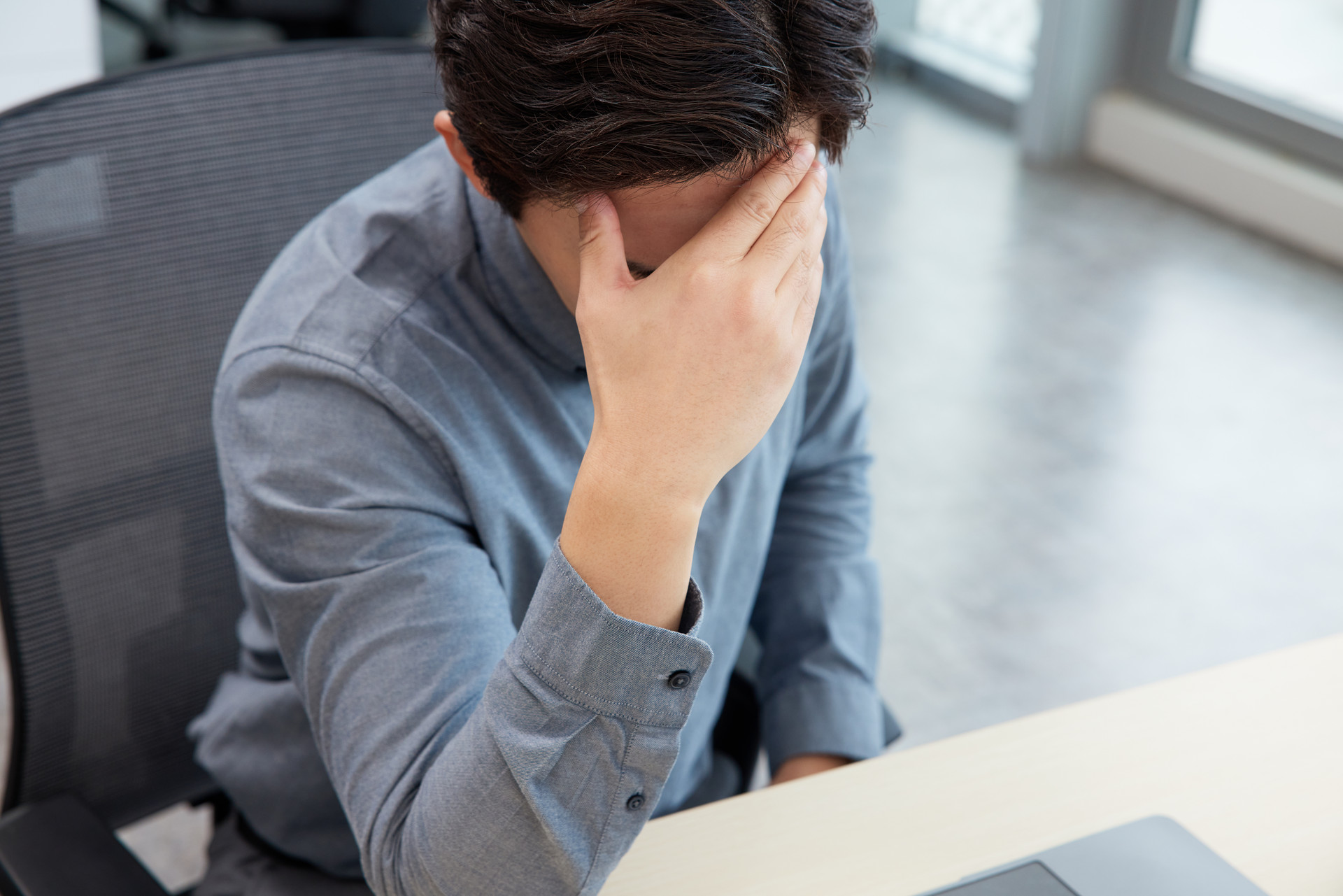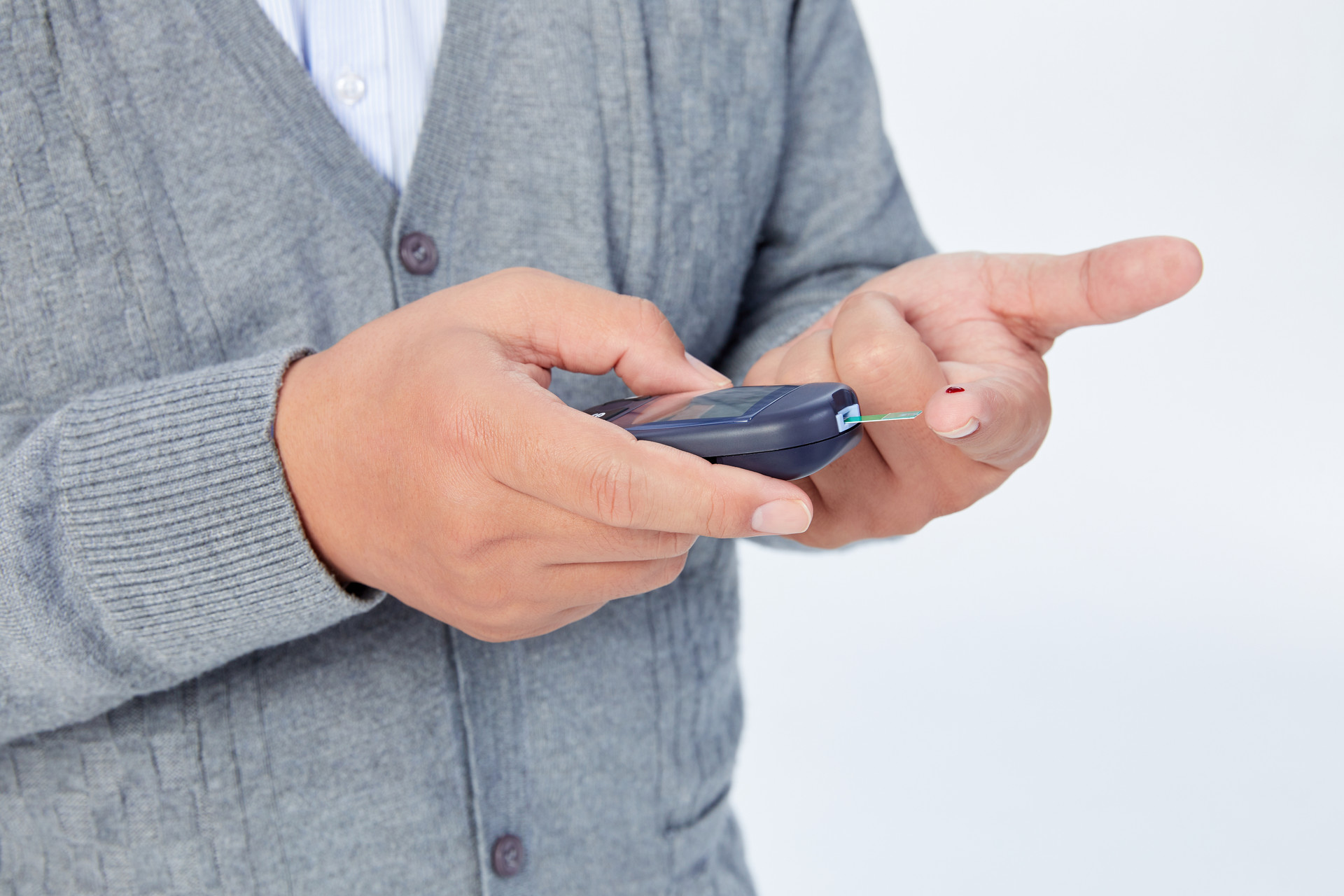Summer is here, and many people have become victims of the scorching sun, especially during the recent "sanzhongtian" (the hottest period in summer). Don't underestimate the "sanzhongtian" as it lasts for 40 days in 2017. If you don't take proper precautions against heatstroke, it will come looking for you. Whether you are a man or a woman, once you are affected by heatstroke, there is no escaping it. Today, let's talk about what men should do if they suffer from heatstroke.
What to Do If Men Suffer from Heatstroke
1. In summer, it is important to supplement vitamin intake. The body's vitamin requirements are at least twice as high as normal during summer, so it is recommended to eat more fresh vegetables and fruits;
2. Male friends may need to supplement protein intake. Due to high energy consumption and increased metabolism during summer, it is beneficial to consume easily digestible foods rich in high-quality protein;
3. The body loses a lot of water through sweating in summer, so it is important to stay hydrated. Drinking soup is a good way to replenish water and aid digestion. Simple and easy-to-make "cooling soups" such as hawthorn soup, sour plum soup with mung beans, honeysuckle soup, and watermelon soup are recommended;
4. Besides drinking soup, it is also beneficial to drink tea to stay hydrated. For individuals working in high temperatures, adding a pinch of salt to warm tea can replenish lost salt due to excessive sweating, which helps prevent heatstroke;
5. Consuming porridge is recommended during hot summer days as it protects the digestive system, which tends to weaken due to high temperatures. Drinking cooling and nourishing porridges, such as mung bean porridge, honeysuckle porridge, mint porridge, lotus seed porridge, and lotus root porridge, is a great dietary measure;
6. Avoid consuming greasy foods in summer. Eating more vegetables can help reduce humidity in the body. It is recommended to eat various vegetables such as beans, melons, bok choy, and cilantro. They can be eaten raw as salads or stir-fried with a small amount of lean meat;
7. Summer is a season with abundant fruits and vegetables, and consuming more fruits can help relieve heat. Most fruits are juicy and sweet, such as watermelon, which is not only refreshing but also helps quench thirst. Other fruits like cantaloupe and cucumber, when washed and consumed raw or juiced, also have excellent cooling effects. Kiwi contains a large amount of vitamin C and is a preferred fruit and beverage for individuals working in high temperatures and outdoor environments.
What Men Should Avoid Eating After Heatstroke
1. Avoid drinking excessive amounts of water. Some people think that when suffering from heatstroke, they need to drink a lot of water, but this is incorrect. The correct approach is to drink small amounts of water multiple times, with each intake not exceeding 300ml. Drinking excessive amounts of water not only dilutes gastric acid, affecting digestion, but also stimulates excessive sweating. This can lead to excessive loss of water and salt, and in severe cases, heat cramps may occur;
2. Avoid consuming excessive amounts of cold fruits and foods. After heatstroke, it is important to avoid consuming too many cold foods as they can weaken the spleen and stomach, causing digestive disorders and even symptoms such as diarrhea and abdominal pain;
3. Avoid eating greasy foods after heatstroke. Consuming greasy foods can burden the digestive system, causing blood to accumulate in the gastrointestinal tract, reducing blood supply to the brain, resulting in increased fatigue and easily causing indigestion;
4. Avoid excessive nourishment. After heatstroke, it is not recommended to consume highly nourishing foods as it can cause harm to the body. It can also prolong the duration of heatstroke or make it worse. It is important to understand what foods to avoid after heatstroke. After suffering from heatstroke, the body becomes weak, and consuming excessive greasy foods can affect digestion and overall health, making it difficult to completely eliminate heat from the body and potentially worsening the condition.
Methods for Men to Prevent Heatstroke in Summer
1. Avoid engaging in intense physical activities and try not to get too tired. When exercising, wear loose clothing to facilitate heat dissipation;
2. Avoid frequent sauna baths or hot showers in summer. Although these bathing methods are comfortable and refreshing, they can lead to heatstroke;
3. It is acceptable to consume cold foods and beverages in moderation during hot summer days. However, excessive consumption can hinder digestion, lower resistance, and make individuals more susceptible to heatstroke. Consuming too much cold food and beverages within a short period of time can affect the digestive system, causing rapid local temperature reduction and imbalance, which can then impact the normal functioning of various bodily systems, increasing the risk of heatstroke;
4. Sleeping with windows closed increases the risk of heatstroke. When the temperature is high in summer, heat dissipation from the body is hindered, and the surrounding heat radiates back to the body. When it is hot and stuffy, sweat cannot evaporate easily from the skin, leading to difficulty in dissipating body heat. When it accumulates to a certain degree, it can disrupt the body's temperature regulation, resulting in symptoms such as dizziness, blurred vision, and palpitations, which are signs of heatstroke. Avoid keeping doors and windows closed all the time. It is best to open windows and doors for ventilation in the morning or evening, and use air conditioning or fans during the hot noon period to lower the room temperature to around 26°C, thus avoiding heatstroke;
5. Generally, cooling herbal teas are used to dispel pathogenic factors from the body. If there is no pathogenic factor in the body, it is not suitable to consume such teas. In hot summer, excessive sweating can weaken the body's vitality. Drinking cold herbal tea can further weaken the body, especially the spleen and stomach, affecting the absorption of essential nutrients and increasing the likelihood of heatstroke. Especially for the elderly and those with poor digestive function, excessive consumption of cooling herbal teas is not advisable;
6. The temperature in the evening is not necessarily lower than at noon, and the evening rush hour typically involves a high concentration of exhaust emissions, which can increase the ambient temperature. In addition, the concentrated work of air conditioners and household appliances can release heat continuously, leading to higher temperatures at ground level. It is important to be cautious of the risks of heatstroke when going out in the evening. The high temperature in the evening mainly comes from the concentrated heat radiation of various sources.
Now that we know the measures men should take after suffering from heatstroke, do you know how to prevent heatstroke?










